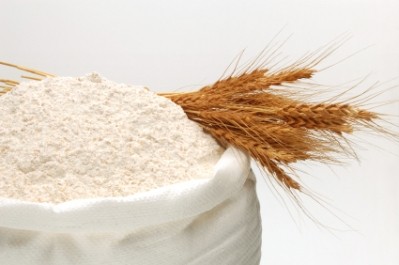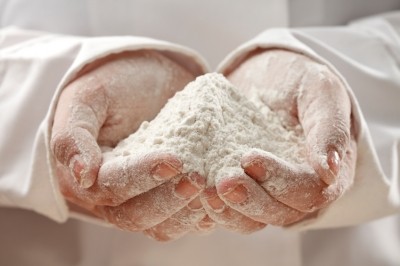Horizon Milling: Industry is strong to proactively solve challenges
“Overall, the industry is healthy and we’re in a good position to proactively solve challenges,” she told M&G correspondent Maggie Hennessy. “Some of the things we’re seeing around consumers is they’re becoming more aware of where they’re food comes from—they want to know the supply chain.”
Indeed, for a supplier of Horizon’s size and scale (it was formed as a joint venture between Cargill Inc., and CHS Inc.), working globally is a top-of-mind issue that presents a unique set of challenges amid increasing concerns about identity preservation in grain and food miles.
That’s one of the reasons Cargill developed a sustainable supply chain tool that helps customers assess supply chain and identify places where they can be more sustainable, Speas said, noting that the firm also helps customers “quantify them, because it has to make sense fiscally as well.”
Manufacturers demands: Keep it fast and inexpensive
When asked about demands coming from manufacturing customers, Speas was quick to respond that it’s all about speed. “They need to be quick to market—trends turn fast and need to be out ahead of competitors.”
Cargill has developed a number of prototypes that—while they aren’t fit to hit the market—they can help inspire ideas that get customers further faster.
Cost management is high on manufacturers’ list of woes as well, which Cargill addresses with its portfolio of risk management tools. In addition, the firm helps manufacturers find cost savings in formulation. “We have different ingredients that do the same thing so can help them formulate with least cost,” Speas noted.
Consumer liking is an ever-moving target for manufacturers as they develop new products. “They need to know, are consumers going to like it as well as their benchmark product?” Speas said. Cargill uses sensory capabilities as well as studies like whole wheat drivers of liking for customers to help manufacturers pinpoint what consumers want.
Positive nutrition shows promise
“Positive nutrition as a larger bucket is a big opportunity for us, and whole grains is part of that,” Speas said, noting that recent launches include sprouted whole wheat and defatted wheat germ that’s high in protein and fiber.
As demand for clean label shows no signs of slowing down, Cargill launched a Simply Clean line of bakery mixes. In addition, the firm works with customers to rework their ingredient decks to make them “more recognizable to consumers,” Speas added.
Looking ahead, one area that Cargill is focused on is navigating changing regulatory environment, specifically as it relates to kids, Speas said. “There’s more regulation around school nutrition, snacks in schools, advertising to kids—so one of the themes of IBIE is around childhood nutrition” and helping manufacturers navigate those guidelines.
Ardent Mills delay
While Speas declined to discuss the status of the ConAgra-Cargill-CHS joint venture to form Ardent Mills—a flour milling company that would control an estimated 34% of the US market if the deal goes through—a Nov. 25 regulatory filing from ConAgra revealed that the deal has been delayed until Q1 2014.









